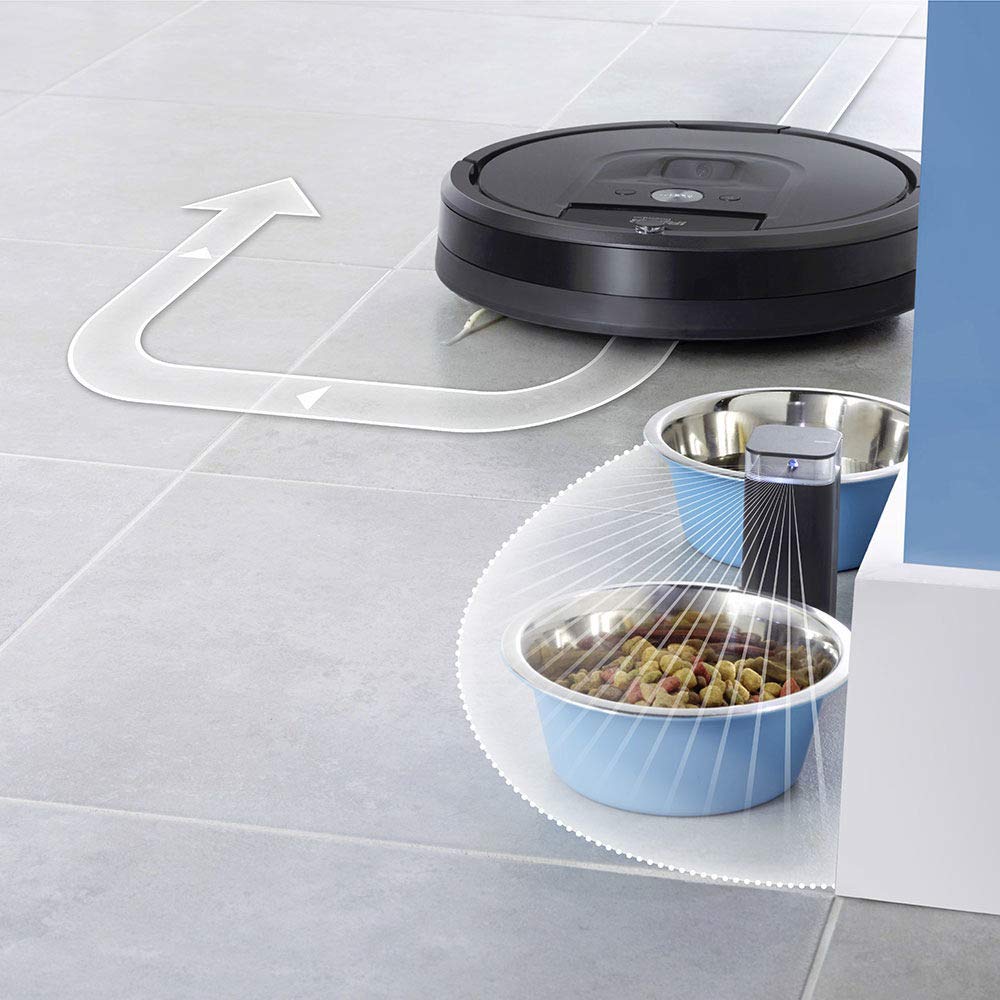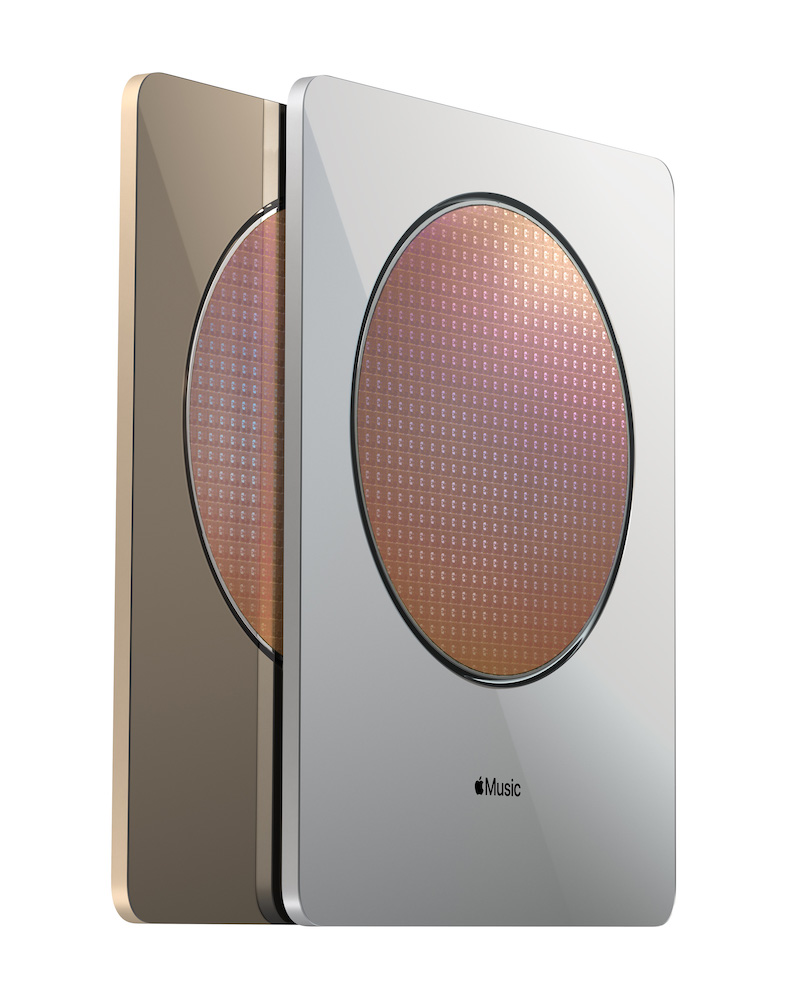How Apple can put Apple Silicon in every smart home’s heart

We can only see the future by looking to the past.
There are two ways Apple can build on its existing position in the smart home: One way is to acquire a home robotics company, such as iRobot; another is to license a version of Apple Silicon for autonomous domestic devices.
It can do either of these things
Both these options are open to it.
iRobot’s robotic Roomba vacuum cleaners and mops are already widely used, though the company stock is currently tumbling down along with most tech stocks. The thing is, that’s an opportunity for Apple, which has more cash in hand than it has debt, which means it can go on a purchasing spree while the value of other firms falls in the current Omicron-inspired stock sell-off.
Apple often says it likes to enter markets in which it can make a difference.
I’d argue that iRoomba/home robotics and automation is such a space. Apple Silicon processors are fast, low-powered and carry built in machine learning and vision intelligence. Apple (I think) has already deployed the largest cohort of LiDAR-equipped devices.
It already works in indoor mapping and Ultra Wideband(UWB). It certainly has the designers and the inherent control software in HomeKit. It has FindMy to protect against petty theft. It could take iRobot’s existing products (and patents) and create an unbeatable gold standard for home automation devices, popping a HomeKit hub facility inside the heart of each one.

What about security?
Apple also has security and privacy advantages and an established/proven track record in making smart edge devices while protecting user privacy and security. With so many now working from home the kind of security vulnerabilities that come from use of poorly secured smart devices has an impact on business success.
Apple’s reaction to this so far has been to develop HomeKit protection for some routers, which serves to protect devices on the home Wi-Fi network – but the truth is that in the hybrid workplace home network security becomes an business critical matter.
Apple has answers to all of these.
It could certainly add unique technology and expertise to the inherent product, and could apply the same set of tech across multiple domestic and non-domestic smart devices. Doing so would certainly consolidate and help build the HomeKit installed base.

These awards are made using Apple Silicon
Apple’s H-series of licensed smartphone processors
Speculation Apple could buy iRobot has been around for years. It hasn’t happened yet and that makes it unlikely it ever will. But Apple doesn’t need to buy the company to widen its place in the smart home – that’s where chip licensing comes in.
Apple’s A- and M-series chips have pushed the company to the top of the industry. Many others are now working to develop equally powerful mobile chips, but Apple seems to have the edge, at least for now.
But (most) smart home devices probably don’t need as much computational power as Apple Silicon provides: So why not build a slower processor equipped with a Neural Engine and the ability to handle sensor-based input at incredibly low power?
These processors could add support for Find My, and the chips could be licensed to third-party manufacturers for use in Made for HomeKit-branded smart devices.
This would give smart homes many of the advantages of Apple’s platforms (particularly security and regular patch updates) while providing manufacturers with enough flexibility to develop and design unique products. These would include smarthome products, of course, but these chips would also provide Apple with primary access into the emerging world of smart industry and smart everything else.
Smarter than the average automated gadget
After all, if Apple’s machine vision intelligence is good enough to potentially drive a car, it’s certainly capable of pushing a vacuum cleaner around the floor, watering crops in response to changes in soil condition, or identifying faulty products on an automated manufacturing line.
The advantage of silicon licensing is that Apple could then outsource the risk of developing accessories, but I don’t think it’s the best way forward. My gut feeling is that it will make more sense for Cupertino to try building its way into the now emerging world of domestic robotics.
In fact, with Apple Silicon and all the other autonomous technologies we now expect the company to drop over the next year or so, Apple has a huge opportunity to do just that.
It all hinges on if the company plans to take that chance.
Please follow me on Twitter, or join me in the AppleHolic’s bar & grill and Apple Discussions groups on MeWe.




